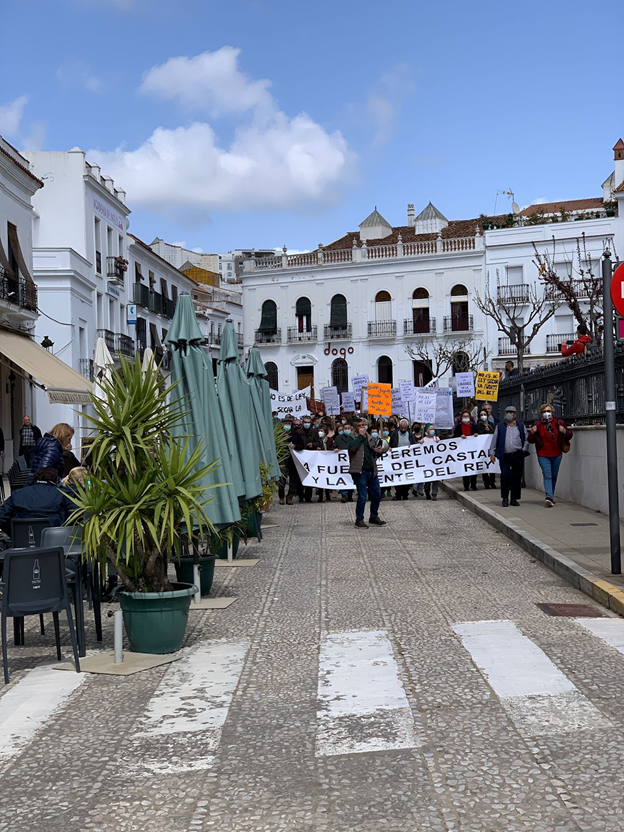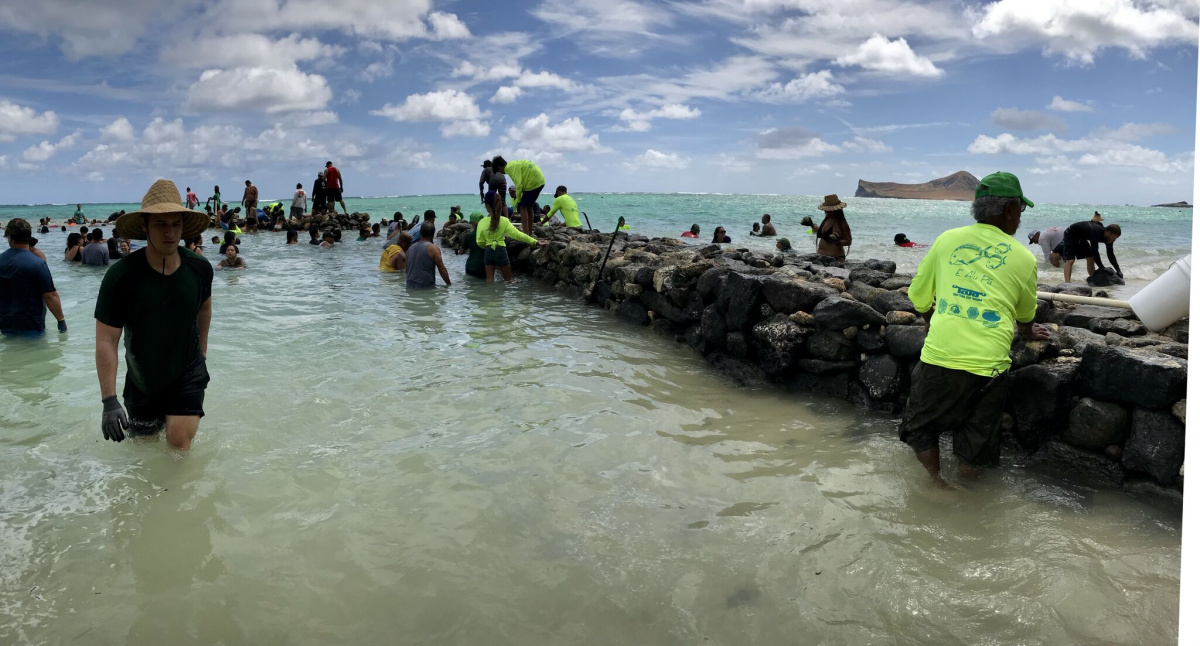The Peoples' History of the Nagoya Protocol: Biocultural Jurisprudence and the Nagoya Protocol on Access and Benefit Sharing
Authored by Dr. Dan Robinson of the University of New South Wales and Kabir Bavikatte.
This article is to be published in the open access peer reviewed journal- Law, Environment and Development Journal (LEAD journal). All articles in the LEAD journal are open access.
Abstract | The Nagoya Protocol on Access and Benefit Sharing adopted by the Conference of Parties to the Convention on Biological Diversity has had its share of supporters and detractors. While some of its detractors rightly bemoan the limits of the Nagoya Protocol in living up to the standards set by the Declaration on the Rights of Indigenous Peoples, the Protocol nevertheless makes significant rights gains for communities vis-à-vis their traditional knowledge and genetic resources. In the present article we trace the trajectory of struggles of indigenous peoples’ organisations in securing these rights within the Nagoya Protocol. The article argues for a writing of the history of multilateral environmental agreements not as a litany of the efforts of State Parties but also as a result of the struggles of indigenous peoples and local communities. Through mapping a bottom up history of the Nagoya Protocol, the article also identifies the emergence of a discourse of biocultural rights that advocates for legal protection of the stewardship role played by indigenous



